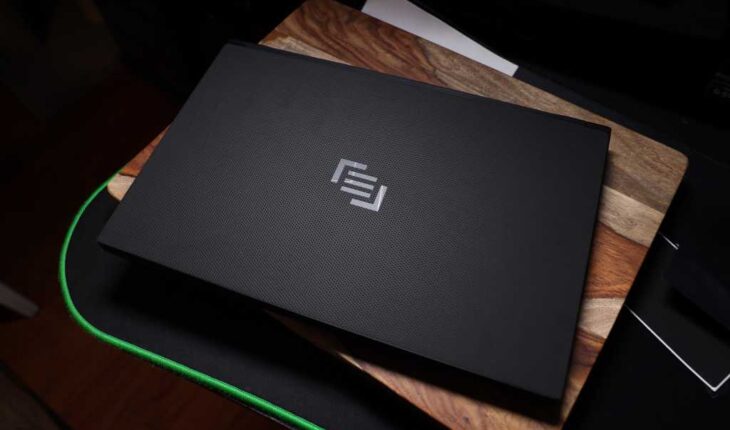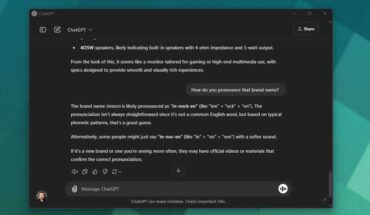One of the key benefits of a laptop is its everyday practicality. For road warriors, a laptop lets you take on the world wherever you are; for others, tethering your laptop to your desktop can be a great way to enhance your productivity or even your gaming experience.
But what if you mainly use your laptop at home, it’s pretty much always connected to an external monitor, and you don’t really need the laptop screen? In that case, running your laptop in clamshell mode (i.e., with the screen closed) is a fantastic option. You’ll get to enjoy the larger display of a monitor and have better ergonomics to boot — plus your laptop will draw much less power with the screen turned off.
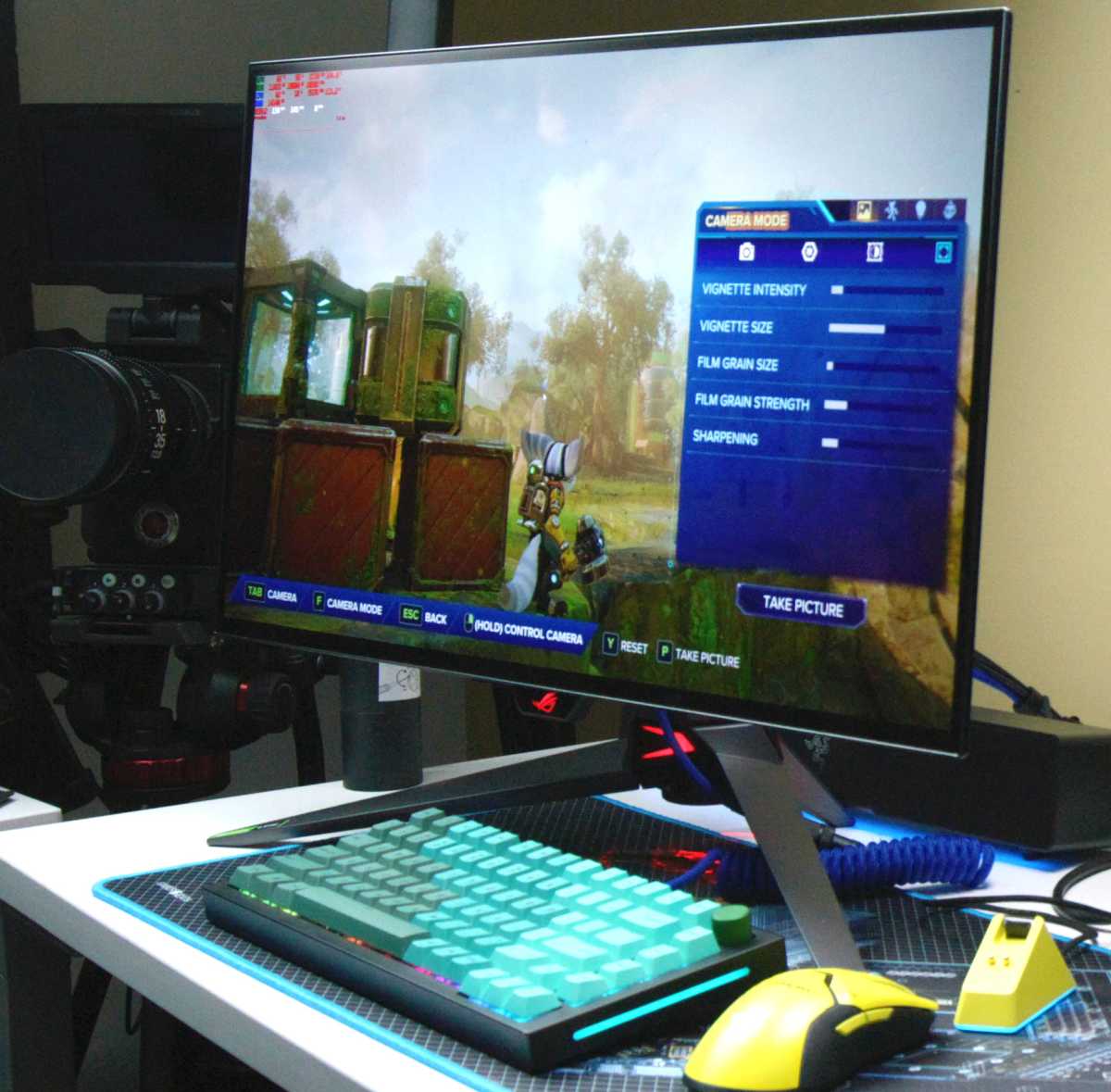
Thiago Trevisan / IDG
In this article, I’ll explain how to properly run your laptop while closed, the bevy of extra benefits that make it worth doing, plus a few caveats and best practices to keep in mind for best results.
What you’ll need to run a closed laptop
As it turns out, you’re going to need a few extra accessories in order to properly run your laptop with its screen closed. After all, when it’s closed, you lose access to its built-in keyboard, trackpad, and display, so you’ll have to forego all of them for external replacements.
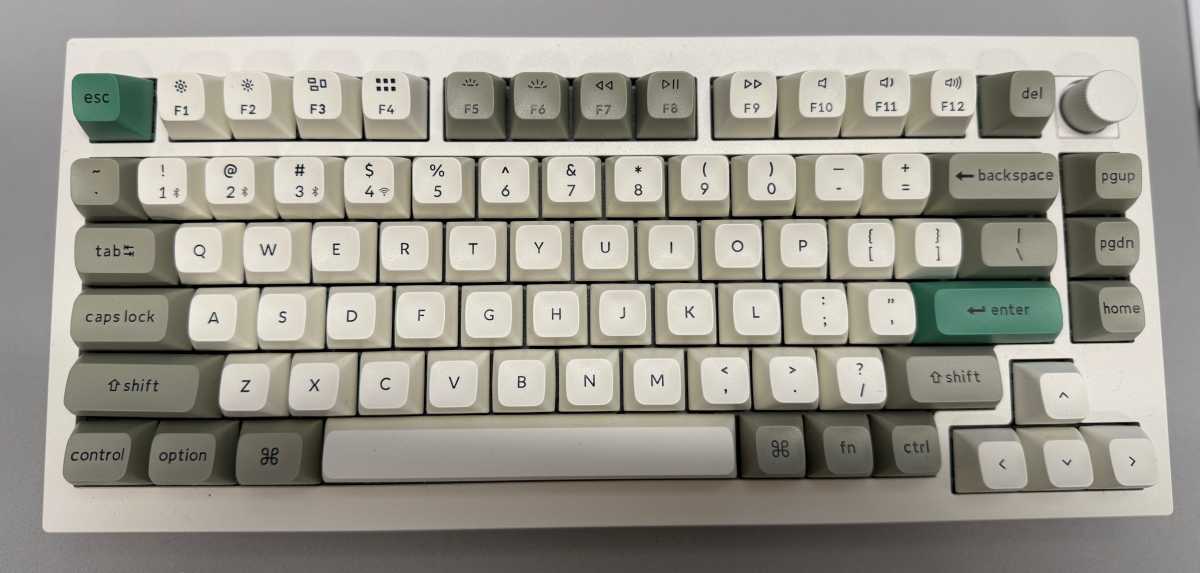
Thiago Trevisan / IDG
Yes, you’re going to need a separate keyboard (wired or wireless) and a mouse (wired or wireless). They’ll connect to your laptop either via USB cables, Wi-Fi dongles, or Bluetooth pairing.
You’re also going to need an external monitor, which will connect via HDMI cable, DisplayPort cable, or USB-C/Thunderbolt cable depending on your laptop model and specs. You’ll need a monitor that’s compatible with whatever connection you end up using. HDMI is the most widely available — and often preferred — option for laptops with monitors.
Don’t have a monitor for your laptop? Check out our recommendations for the best home office monitors, best USB-C monitors, best 4K monitors, and best gaming monitors. If you plan to work on the go a lot, you might also want to consider our picks for the best portable monitors.
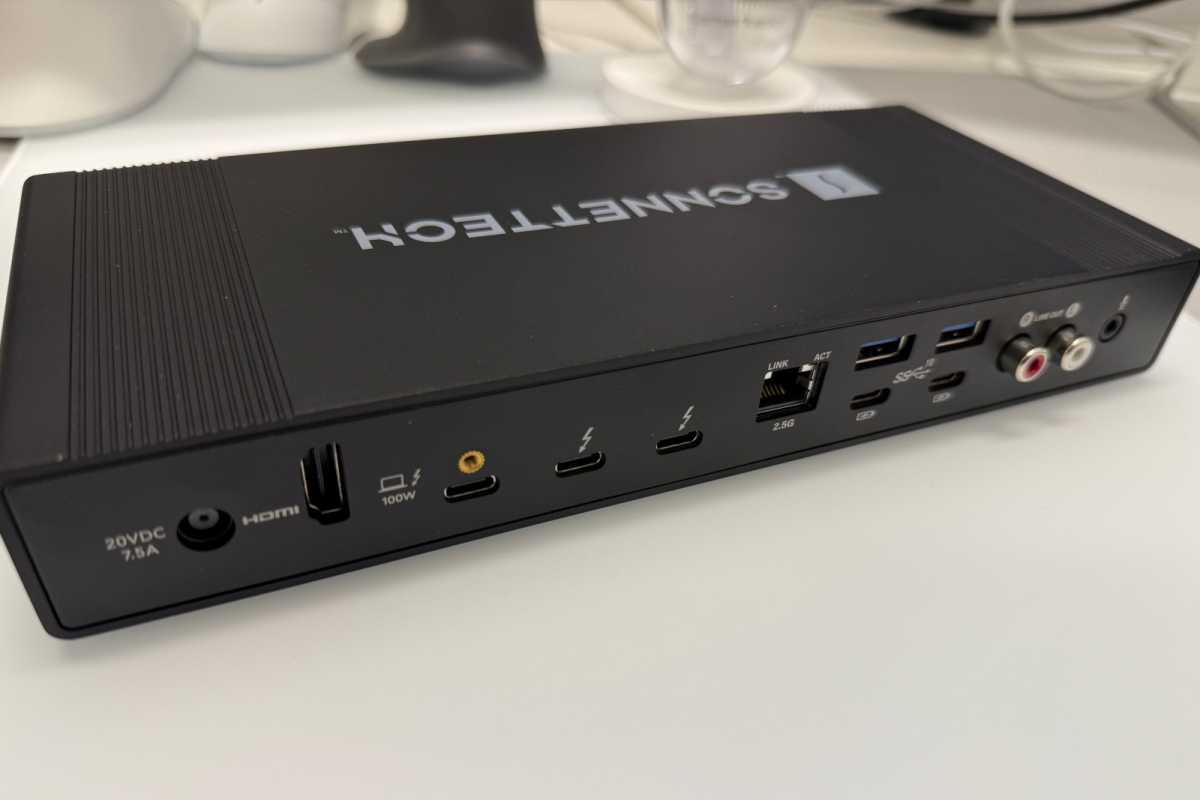
Thiago Trevisan / IDG
If you have a Thunderbolt-enabled laptop, a Thunderbolt dock can be a great way to set up and run a desktop-like environment. Since laptops typically have less input/output connectivity options, a Thunderbolt dock can add back in a host of USB ports and other niceties. (Check out the best Thunderbolt docks according to our experts.)
Not all laptops have Thunderbolt, though. If you find that your laptop is lacking in connectivity, you still have another option: a USB-C dock or hub, which does the exact same thing — turns one port into many different ports — just with less power and speed. (Grab one of the best USB-C hubs according to our experts.)
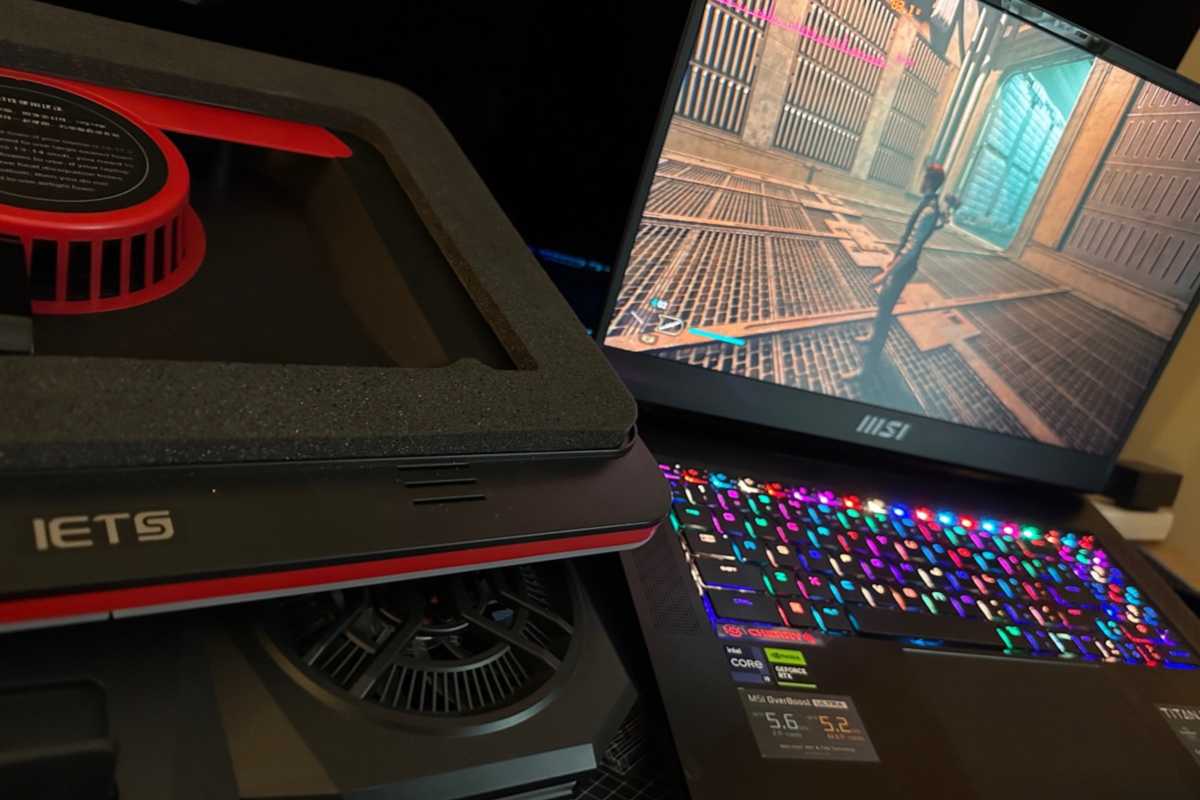
Thiago Trevisan / IDG
Lastly, just because your laptop is closed doesn’t mean it’s invisible. It’s still going to take up space on your desk, so you’re probably going to want a laptop stand or holder. Not only will it keep your workspace tidy, but it’ll also raise your laptop, improve airflow, and mitigate heat.
Related: Are laptop cooling pads worth it?
How to keep your laptop running while closed in Windows
So you want your laptop to stay awake and running even when you close the lid, but it keeps going to sleep? You’re going to have to make a quick change in Windows’ settings — but don’t worry because it’s easy.
Open the Start menu and search for Control Panel, then launch it. In Control Panel, click on Hardware and Sound, then click on Power Options. Then, look to the left side for a link called “Choose what closing the lid does” and click it.

Thiago Trevisan / IDG
Here you’ll find tunings for what the power button, sleep button, and lid closing action do on your laptop, and you can choose separate actions depending on whether your laptop is plugged in or on battery. For “When I close the lid,” change both settings to Do nothing, then click Save changes. You’re done!
Your laptop will now avoid going to sleep whenever it’s closed, allowing you to use it freely with an external monitor. It’ll stay this way until you come back and change the settings.
Caveats and best practices to be aware of
Once you have your laptop operating with its lid closed, and once you have your peripherals and monitors and accessories set up, it’s pretty much smooth sailing from there on. However, there are a few things you should probably keep in mind.
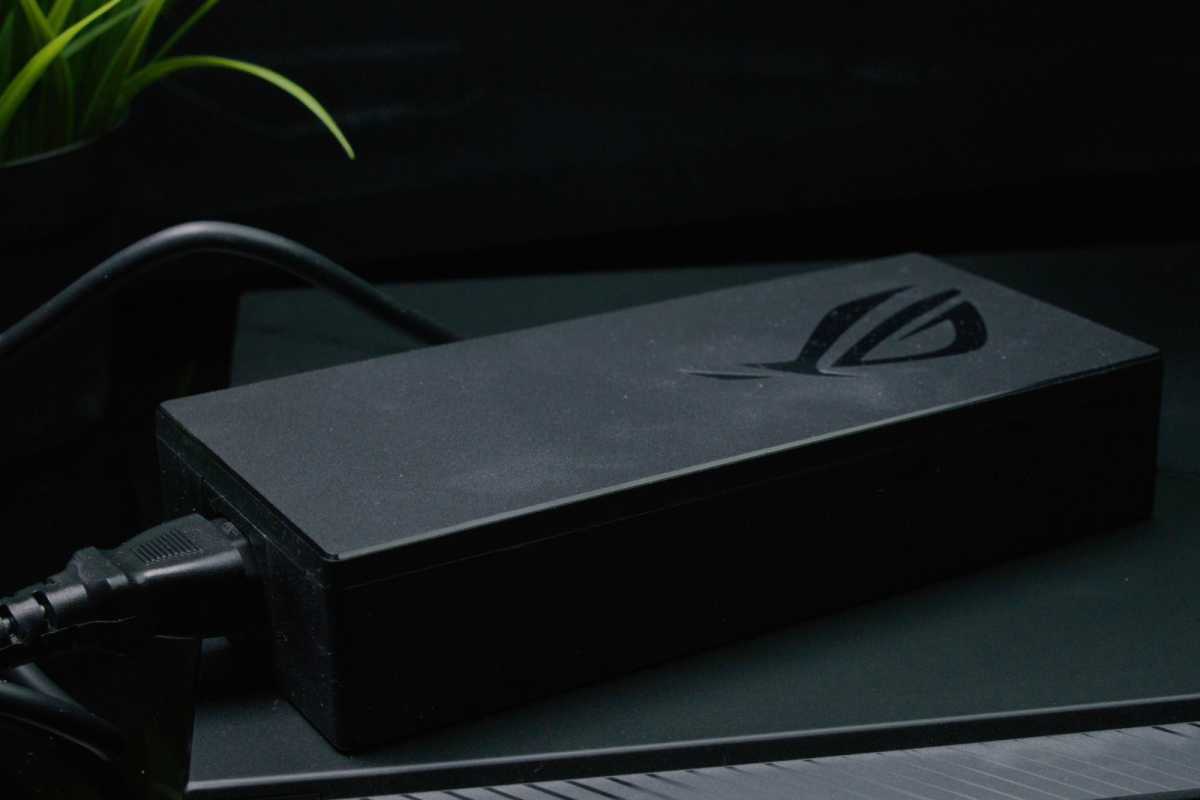
Thiago Trevisan / IDG
First, it’s a good idea — at least in this particular case — to keep your laptop’s AC power adapter plugged in while using an external monitor. It’s going to draw more power, so your laptop’s battery life is definitely going to be affected (to various degrees, of course).
Second, some high-powered gaming laptops — like the Razer Blade 16 — are designed to expel airflow from the top of the keyboard area. That means congestion or even blockage when the lid is closed, in which case you might not want to run it that way due to increased thermals. (Really only a concern with long, strenuous gaming sessions.) But if your laptop exhausts air out of the bottom, sides, or back, you should be fine.
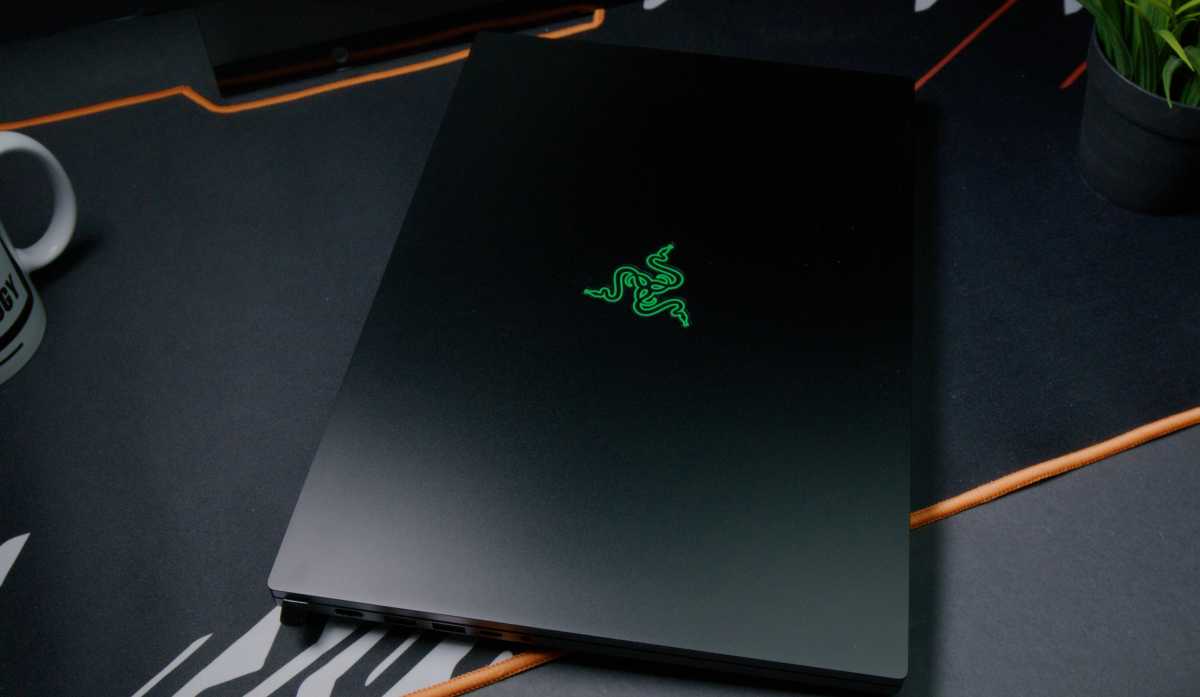
Thiago Trevisan / IDG
Lastly, I want to reiterate the importance of having a laptop stand or cooling pad when running your laptop with its lid closed. Not only will it help free up desk space, but it’ll also help keep your laptop thermally in check, especially when gaming or doing intensive work tasks.
Further reading: How to use a laptop with multiple monitors

